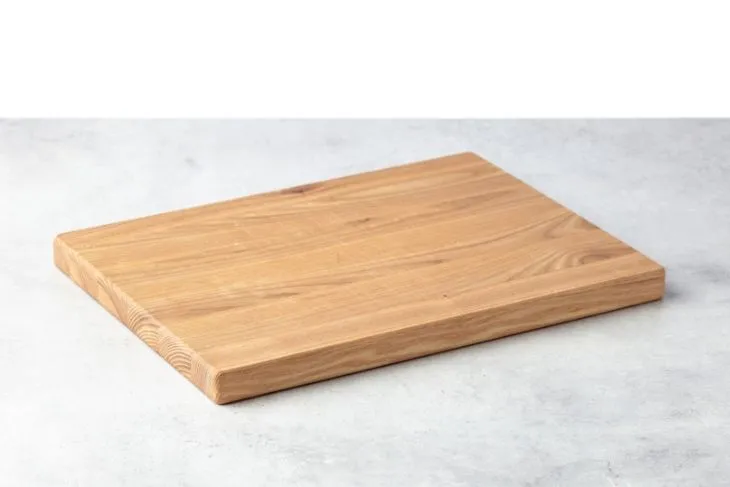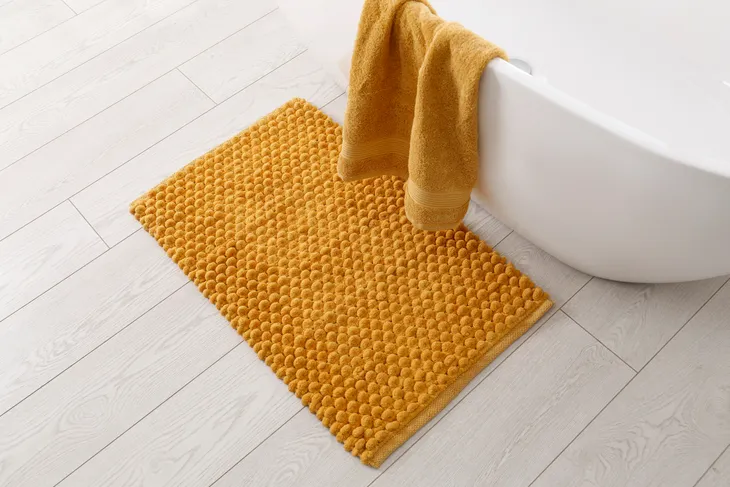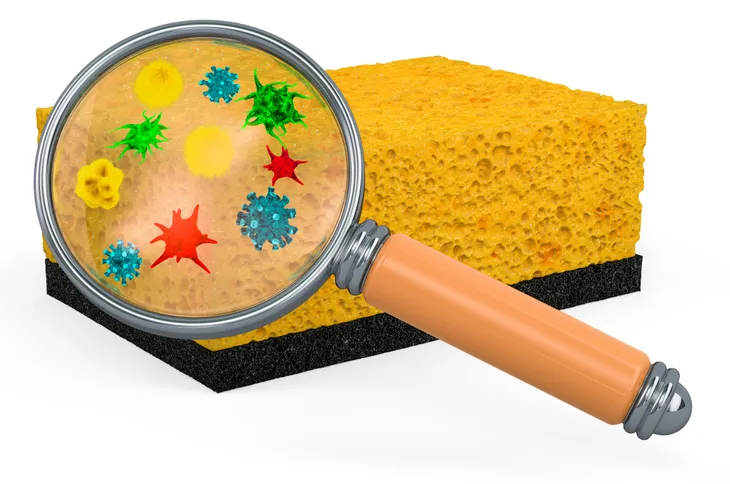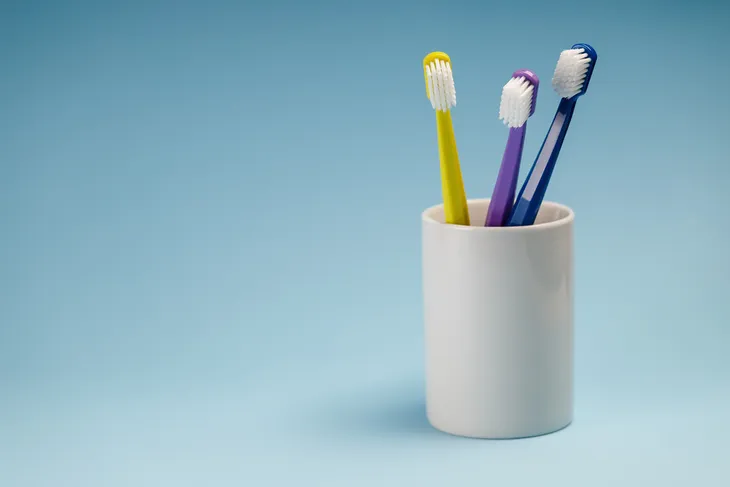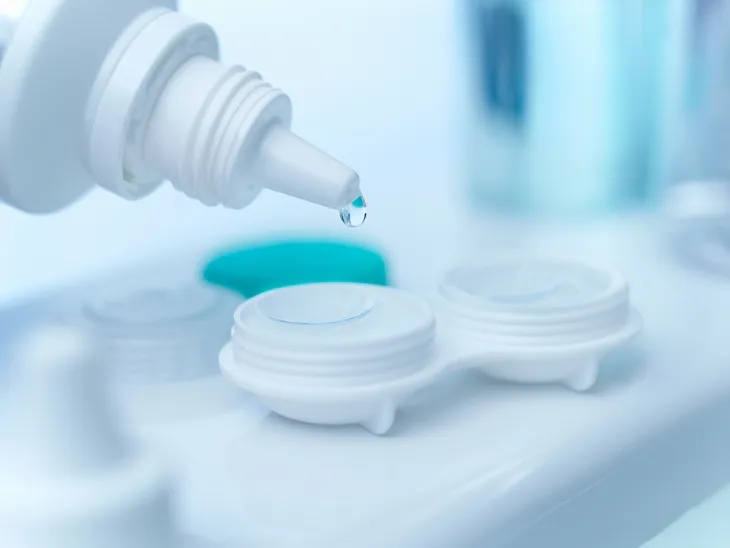We all know the most obvious germy places—public toilet bowls, your garbage disposal, your cat’s litter box. However, the typical home is also full of other germy realms and dirty personal items that should be considered some of the worst germ-ridden culprits, like these (in no particularly yucky order)…
TV Remotes
That universal remote that powers your television, stereo system, and gaming station sure is handy, but it sure is filthy too! A study conducted on household remote controls found that not only was the TV remote in the top germiest objects in the living room—most also tested positive for antibiotic-resistant staph (in addition to all of that nacho cheese flavoring). That’s why it’s important to wipe down your remote with an antibacterial disinfectant cleaner at least once every other week.
Cutting Boards
You slice everything on your kitchen cutting board (and most of us just have the one)—fruit and veggies tossed, raw meat, and cheese. No wonder this kitchen device is noted as a breeding ground for germs and cross-contamination. And even though the plastic variety is considered by food experts as safer than wood, the plastic areas that are scored from slicing can collect raw food and germs. Just be sure to run plastic boards through the dishwasher after each use to lower the risk of bacteria growth.
Bed & Couch Pillows
A long day is met with peaceful slumber when the head hits the pillow. However, your couch and bed pillows are hotbeds of allergy-inflaming fungi, particularly when you consider how much you drool, sweat, transfer hair and skin oils, and slough off dead skin in your sleep. Collecting these goodies draws dust mites and breeds bacteria. Be sure to regularly launder your pillows along with other bedding and use an anti-allergen (anti-dust mite) spray or cover on your pillows to reduce allergens and germs.
Microwave & Oven Handles
Think of your progress—step-by-step—from fridge to counter to oven or microwave. Did you wash your hands after chopping raw meat? Did you grab the oven handle with milk on your hands? If you don’t wash your hands between each step, chances are all the steps that go into cooking your last meal—chopping, handling meat, tasting, spicing—all linger on that handle. That’s why keeping a pack of antibacterial wipes within reach while you prepare and cook food is a good idea.
Shower & Bath Mats
You stand on it with dirty feet before getting into the shower and stand on it dripping wet out of the shower. You might even step on it with your shoes on if you have to run to the bathroom quickly. The truth is that this dark, damp location is prime grounds for dirty, germs, mold, and bacteria growth. So toss your bath mat in the washer and dryer weekly on high to disinfect…and add a bit of bleach!
Kitchen Sponges
Soap, dirty water, food particles—that’s what lives in the home sweet home of your kitchen sponge. The crevasses in said sponge are bacteria havens for germs to breed E. Coli and Salmonella. So either soak your sponge in a bleach solution once weekly or invest in antibacterial sponges to limit germ breeding.
Your Toothbrush
I don’t like to think about it either—especially after watching that YouTube video of microscopic toilet particles in the bathroom after flushing the toilet. But the truth is that toothbrush you put in your mouth is pretty darn germy. So replace it every 4 months, resist sharing, and soak it in an antibacterial mouth rinse every week.
Smartphones
If you read or watch the news, it’s no surprise that your smartphone is a health risk. Numerous studies link mobile phones to infection transmission—from face to face, and from hands to face. You should never use your phone with dirty hands and you should get in the habit of reducing germ spread by unplugging and wiping down your device using a disinfectant cloth weekly.
Makeup & Cosmetic Brushes
Face to mouth to eyes, to lips—makeup brushes sure make the rounds on our faces, picking up all sorts of lovely things like sweat, oils, dead skin, and germs along the route. For instance, numerous studies show that roughly half of all makeup brushes and mascara tubes are breeding germs. So be sure to only keep and use makeup for about 6-months maximum, and clean brushes using disinfectant cleaner regularly.
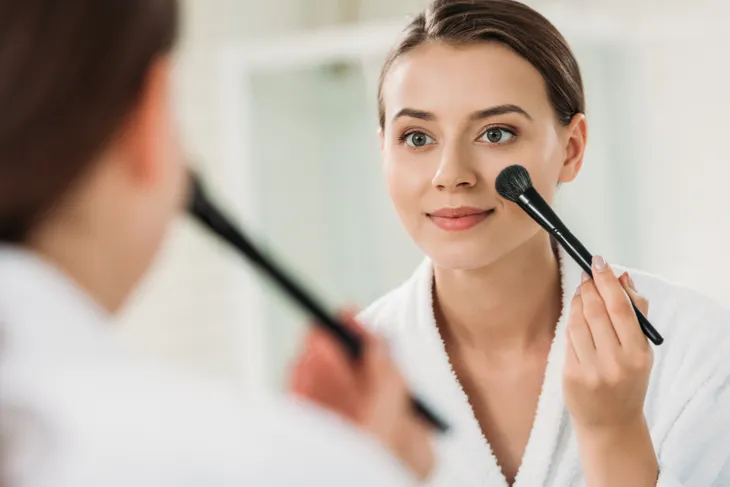 Shutterstock/LightField Studios
Shutterstock/LightField StudiosContact Lens Cases
Considering what goes in them goes into your precious eyes, you’d think we’d be more vigilant. However, contact lens cases are optimal breeding grounds for all sorts of nasty bacteria, especially if you’re not prone to cleaning them regularly. To prevent germs and eye infections (i.e., conjunctivitis), empty all fluid, wipe out and soak containers in near-boiling water for 5 minutes once a week, and let dry fully before refilling with clean saline solution.


